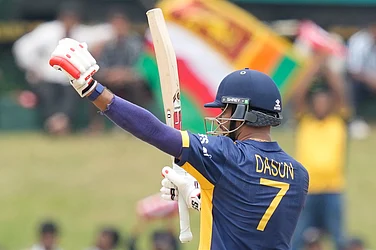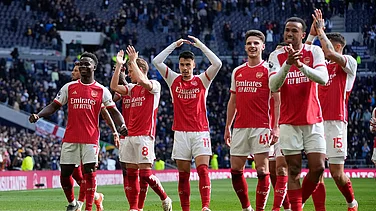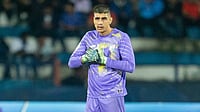The FIFA World Cup is played every four years, giving international players and teams time to test out not just their combinations, but also their attitude on the pitch.
The 2022 World Cup is no different, with viewers already witnessing two major upsets – Saudi Arabia beating Argentina, and Japan shocking Germany.
Apart from on-field performance, the spirit and determination of the players plays a key role in the success of a team. They not only win teams the tournament, but inspire generations to come. The likes of Brazil, Netherlands, Spain, Italy and more recently, Croatia, did serve the sport in that area.
Brazil (1970)
Much has been said and written about the indomitable spirit of the Brazil football team, so much so that the football world came to a standstill when Germany thrashed them in the 2014 World Cup semifinals 7-1.
So, what gives Brazil that revered status in football? To win five major tournament trophies is no mean feat. Their modern-day success is often owed to their past teams dating back to the 1950s. And 1970 was the year when individual talent and team spirit blended to create some of the most delightful football ever seen. The team, comprising the likes of Pele, Jairzinho, Carlos Alberto and Rivellino, won all their matches at the 1970 World Cup before finishing it off in style in the final against Italy at Mexico’s Estadio Azteca.
The Netherlands (1974 and 1978)
In 1974, the Dutch, coached by the wily Rinus Michels and led by the charismatic Johan Cruyff, taught the world Total Football, where nearly every player could play in any position. Vanity and German fighting spirit cost them the final, but they made an impression.
In 1978, they again lost in the final, this time to Argentina. But they showed how strong-willed they were.
Led by Ruud Krol, the team was missing the celebrated Cruyff, who had announced his retirement after guiding his team through the qualifying stages.
Despite the setback, Netherlands possessed a strong side. It was a mix of youth and experience, with five players above 30.
The final was mired in controversy. Argentina and Netherlands both accused each other of using underhand tactics to gain advantage. On the day, Argentina proved too much for the Dutch to handle, but regardless of the heartbreak suffered, this edition for them was more about the journey than the destination. And it showed what a team could achieve even with its biggest star missing.
Italy (1982)
It takes a special effort to come out on top after struggling in the initial stages of a competition. The 1982 Italian side put on their most spirited performances just when it was needed out of them.
It was one of the most notorious editions in World Cup history. West Germany and Austria allegedly conspired so that Algeria did not progress to the knockouts. And German goalie Harald Schumacher nearly killed Patrick Battiston with an elbow to his jaw. Somehow, Italy, led by 40-year-old Dino Zoff, overcame the odds, with Paolo Rossi emerging the tournament’s leading goal-scorer. Such was the determination of the team to play as one that even the midfielders and defenders would step up to score goals in the most difficult moments.
Spain (2010)
Spain were one of the favourites going into the 2010 FIFA World Cup, courtesy their winning the 2008 European Championship. The Iker Casillas-led team did not get off to a good start, losing to Switzerland 1-0, but thereon, produced some of the most sensational football action seen by the modern audience.
Xavi Hernandes, Andres Iniesta and Xabi Alonso were said to be the orchestrators of the tiki-taka style of play, which they used to frustrate their opponents, and which represented team play.
Captain Casillas was one of the primary reasons as to why Spain progressed through the knockout stages. Against Paraguay, he saved an all-important penalty, denying Oscar Cardozo the chance to take his team through to the next round.
La Roja faced perennial silver medalists Netherlands in the final, where Iniesta scored an extra time goal.
Croatia (2018)
Croatia suffered many hiccups on their World Cup 2018 journey, seeing their then coach Ante Cacic replaced by Zlatk Dalic due to a string of poor performances.
Led from the front by captain Luka Modric, Croatia won all their matches in the group stage, including a clean sheet win over Argentina. In the first knockout game, they would play arguably the best match of the tournament, against hosts Russia, and win 4-2 in the penalty shootout.
Not many expected Croatia to make it to the finals, what with the likes of Brazil and Argentina in the hunt to reclaim their lost glory. But with grit, skill and a bit of luck, they came within striking distance of the trophy.


























